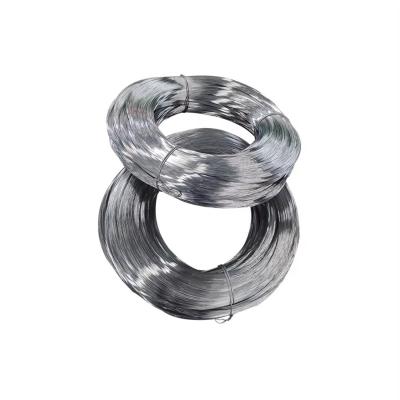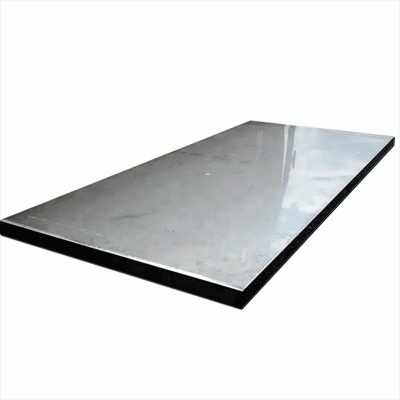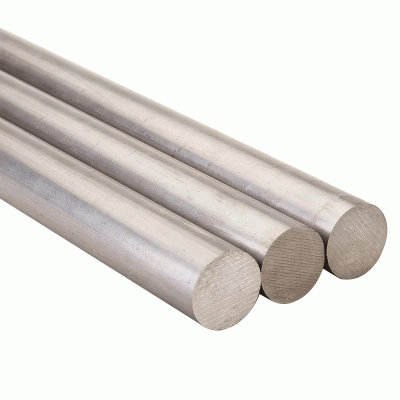Advantages and Disadvantages of Nickel Alloy
Nickel alloys are a famous desire for many industrial and industrial applications. These alloys provide a range of benefits, from stronger corrosion resistance to most efficient energy and durability. But nickel alloy additionally has some drawbacks that ought to be taken into consideration earlier than making a buy decision. Let’s take a nearer seem at the benefits and risks of a nickel alloy.
Advantages of Nickel Alloy
The most extensive benefit of nickel alloy is its finest corrosion resistance when in contrast to different materials, such as metal or aluminum. This makes it the best desire in environments the place acid, alkali, salt, or different corrosive supplies are present. Additionally, due to its high-temperature resistance, nickel alloys are frequently used in functions the place temperatures exceed a thousand stages Celsius. This consists of purposes such as petrochemical processing and nuclear energy plants.
Nickel alloy is also surprisingly resistant to oxidation and wear, making it an first-rate preference for use in components that require little upkeep over time. Additionally, it has appropriate formability traits and can without problems be machined into complicated shapes barring compromising its power or integrity. Finally, the fabric is extraordinarily ductile, which permits it to stretch barring breaking beneath stress loads—an vital function for many industrial applications.
Increased Durability
Nickel alloys are known for their increased durability compared to other metals. This is due to the fact that nickel is a very strong metal that is resistant to both corrosion and wear. This makes nickel alloys ideal for use in applications where the metal will be exposed to harsh conditions, such as in the automotive or aerospace industries.
Improved Thermal Conductivity
Another advantage of nickel alloys is their improved thermal conductivity. This means that they are able to conduct heat away from sensitive components, making them ideal for use in high-temperature applications. Additionally, nickel alloys have a higher melting point than other metals, which makes them less likely to deform under high temperatures.
Enhanced Electrical Conductivity
Nickel alloys also have enhanced electrical conductivity compared to other metals. This makes them ideal for use in electrical applications where high levels of conductivity are required, such as in batteries or electrical wiring. Additionally, nickel alloys are non-magnetic, which makes them suitable for use in applications where magnetism is undesirable, such as in medical devices.
Increased Resistance to Corrosion
Nickel alloys additionally have accelerated resistance to corrosion in contrast to different metals. This is due to the truth that nickel types a protecting oxide layer on its floor when uncovered to oxygen, which prevents similarly corrosion from occurring. Also, nickel alloys are no longer inclined to stress corrosion cracking, making them best for high-pressure applications.
Recyclable
Another advantage of nickel alloys is that they are highly recyclable. In fact, over 60% of nickel alloy products are made from recycled materials. This makes nickel alloys an environmentally friendly option for those looking to reduce their impact on the planet.
Disadvantages of Nickel Alloy
The fundamental drawback of nickel alloy is its fairly excessive price in contrast to different metals such as metal or aluminum. Additionally, due to its complicated structure, welding nickel alloys can be challenging if now not achieved suitable by way of skilled experts with the proper equipment. And like any metallic product, nickel alloy can corrode over time if uncovered to positive factors or conditions. Furthermore, sure grades of nickel alloy include hint quantities of poisonous supplies such as arsenic or lead, which may additionally pose fitness dangers if inhaled or ingested in giant portions (though these sorts of alloys are rare). Finally, though nickel alloys have outstanding residences when in contrast to different materials, they do no longer possess superconductivity, which limits their software in positive industries such as electronics or telecommunications.
Increased Risk of Allergic Reactions
One of the primary disadvantages of nickel alloy is that it can increase the risk of allergic reactions in some people. Nickel is a known allergen, and exposure to nickel alloy can cause skin irritation, rashes, and swelling. In severe cases, exposure to nickel alloy can lead to anaphylactic shock, a potentially life-threatening condition.
Corrosion
Another disadvantage of nickel alloy is that it is susceptible to corrosion. Nickel alloy can corrode when exposed to moisture or other corrosive substances. This can lead to the formation of rust, which can weaken the metal and make it more susceptible to breakage.
Difficulty Welding
Nickel alloy is also difficult to weld, which can make repairs difficult. When welding nickel alloy, it is important to use a filler metal that has a similar composition to the base metal. Otherwise, the weld may not adhere properly and could eventually fail.
High Cost
Another downside of nickel alloy is that it is relatively expensive compared to other metals. This is due in part to the fact that nickel is a relatively rare element, making it more expensive to produce. Additionally, because nickel alloy is difficult to weld and repair, this also adds to the cost.
Environmental Concerns
Finally, there are also environmental concerns associated with nickel alloy production. The mining and smelting of nickel ore can release harmful pollutants into the air and water.
Conclusion
Nickel alloy presents many benefits over normal metals, consisting of most fulfilling corrosion resistance and most efficient heat-resistance capabilities, making it an best desire for a broad range of business and industrial purposes that require long-term overall performance besides protection expenses related with different materials. However, there are some hazards related with this material, which includes price and welding difficulty, which need to be taken into consideration prior to buying selections being made with the aid of internet site proprietors and search engine marketing novices alike searching for pleasant options for their operations needs. Overall though, when used correctly, nickel alloy presents notable overall performance abilities that make it really worth the investment.



